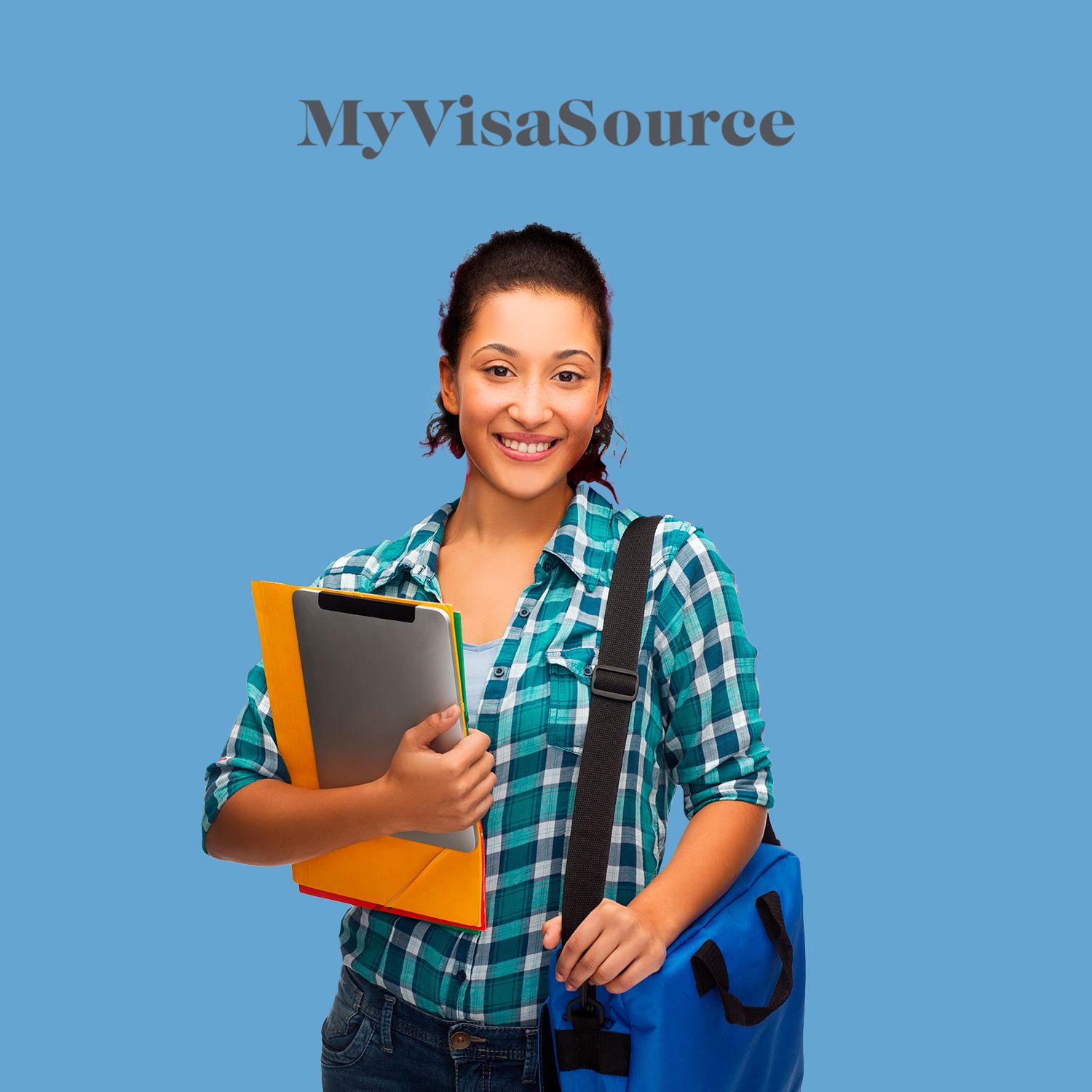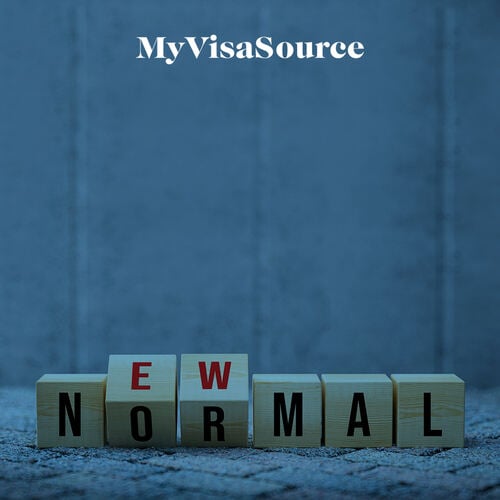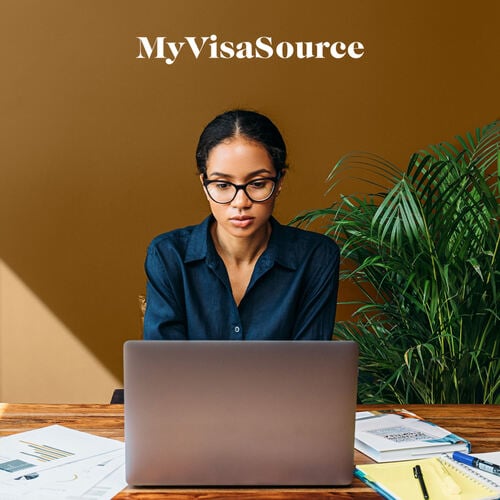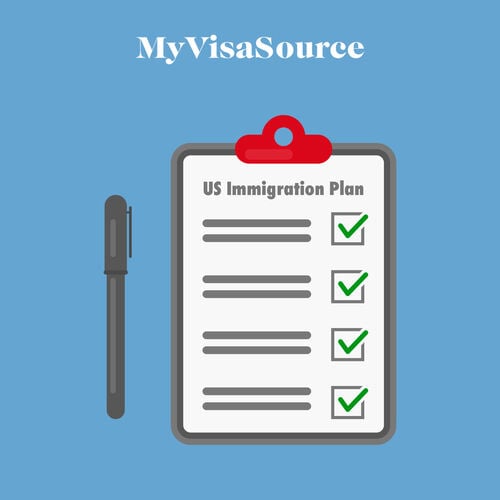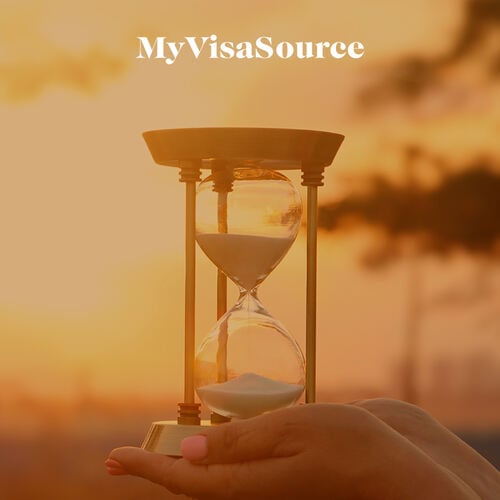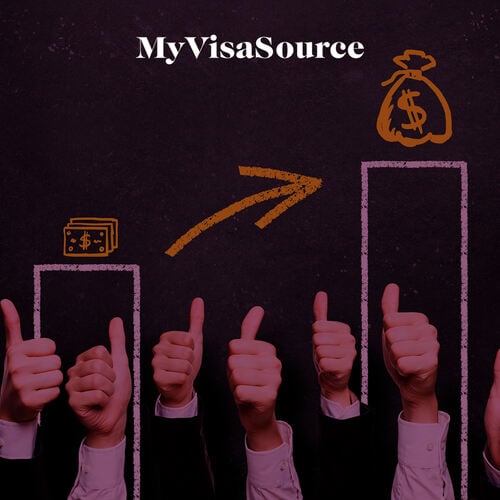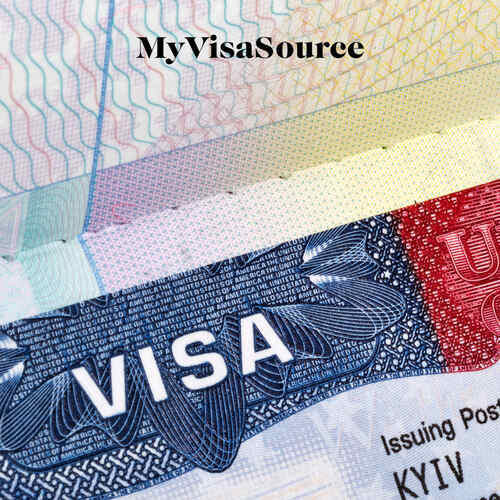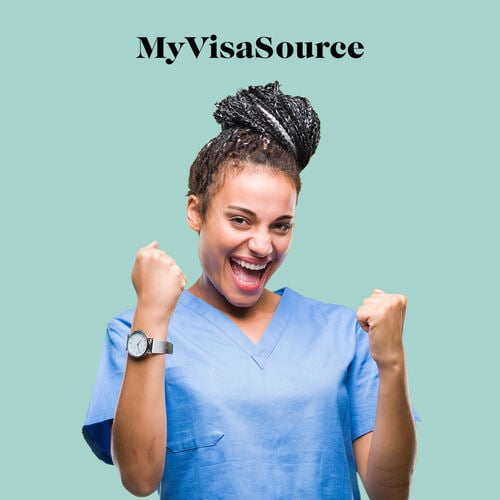The US Citizenship and Immigration Services (USCIS) recently announced a new policy update for the F-1 Visa category. This could benefit thousands of children of the H-1B Visa holders.
What Was the Previous Policy for the F-1 Visa?
The previous policy required nonimmigrants to obtain the F-1 Visa at least 30 days before the start date of their study program. Also, the program start date had to be mentioned on Form I-20, Certificate of Eligibility for Nonimmigrant Student Status. According to the USCIS, it was difficult to align the adjudication of the Change of Status (COS) to the F-1 Visa category due to the varying start dates for study programs.
This often led to many applicants filing for multiple extensions to avoid having a “gap” status. Filing multiple extensions also increased the administrative burden and the cost of processing for both the applicant and the government.
What Is the New Policy Update for the F-1 Visa?
The new policy will require the applicants to have valid status as a nonimmigrant in the United States to file Form I-539, Application To Extend/Change Nonimmigrant Status with the USCIS. The USCIS may then grant the applicant with an F-1 Visa 30 days before the start of the study program. It will be effective the day it is approved.





